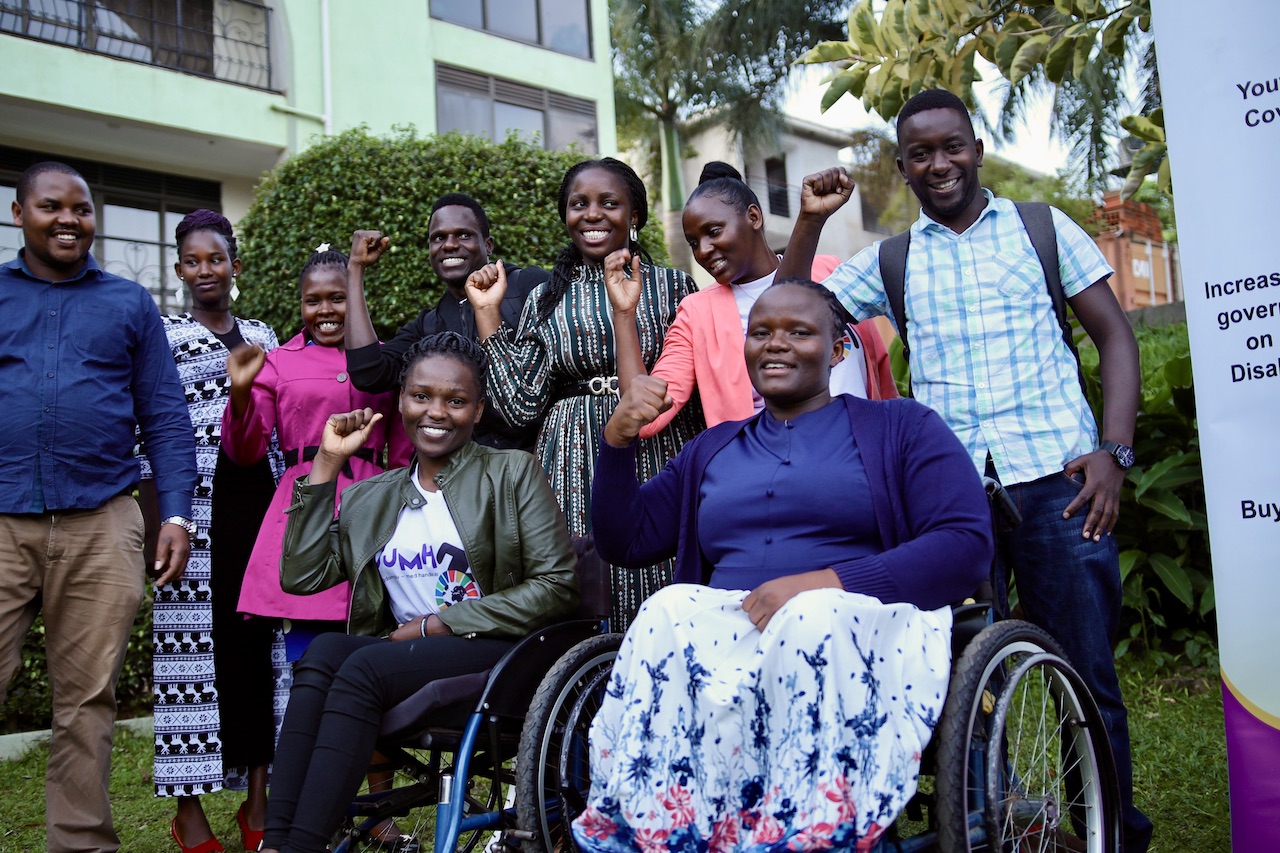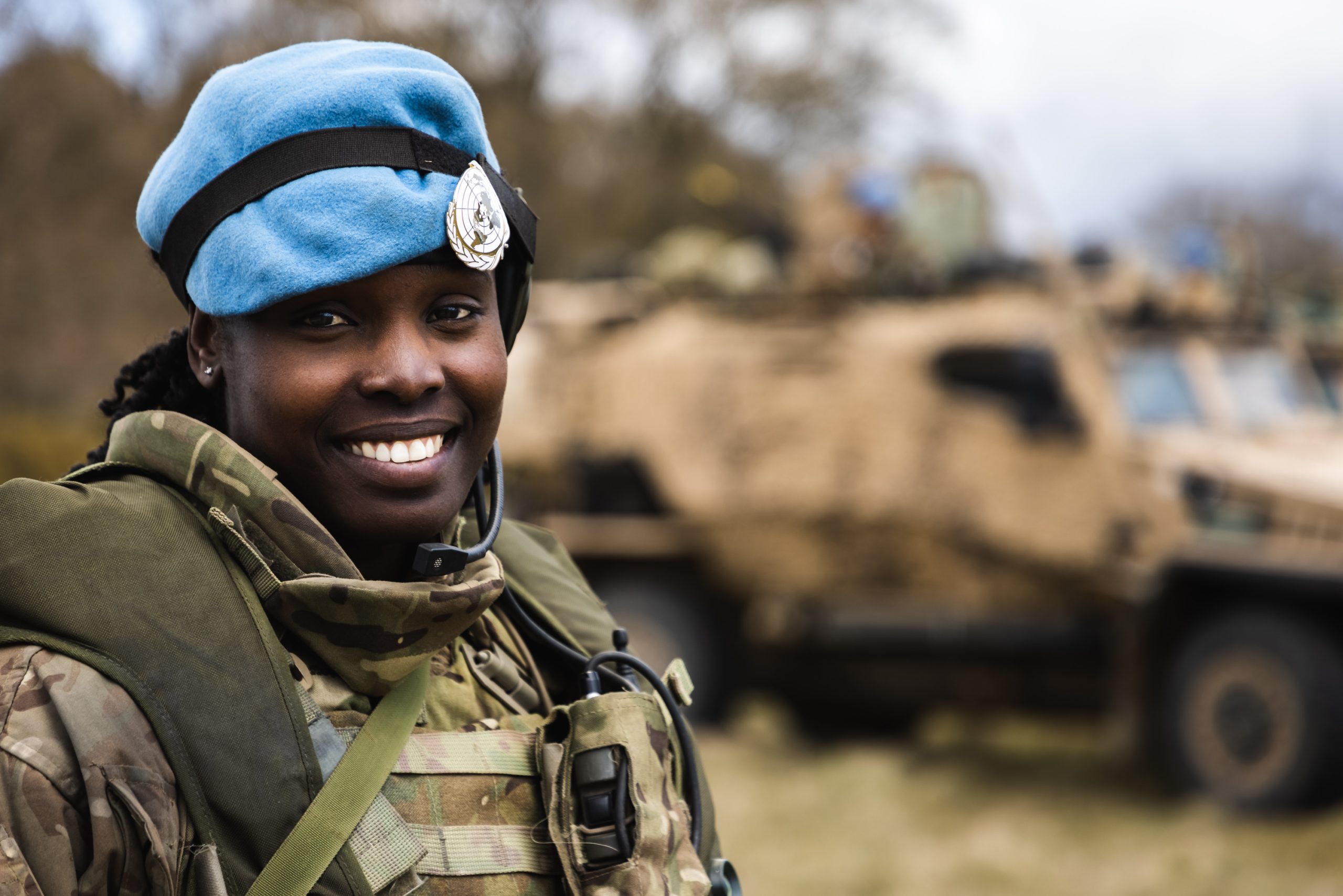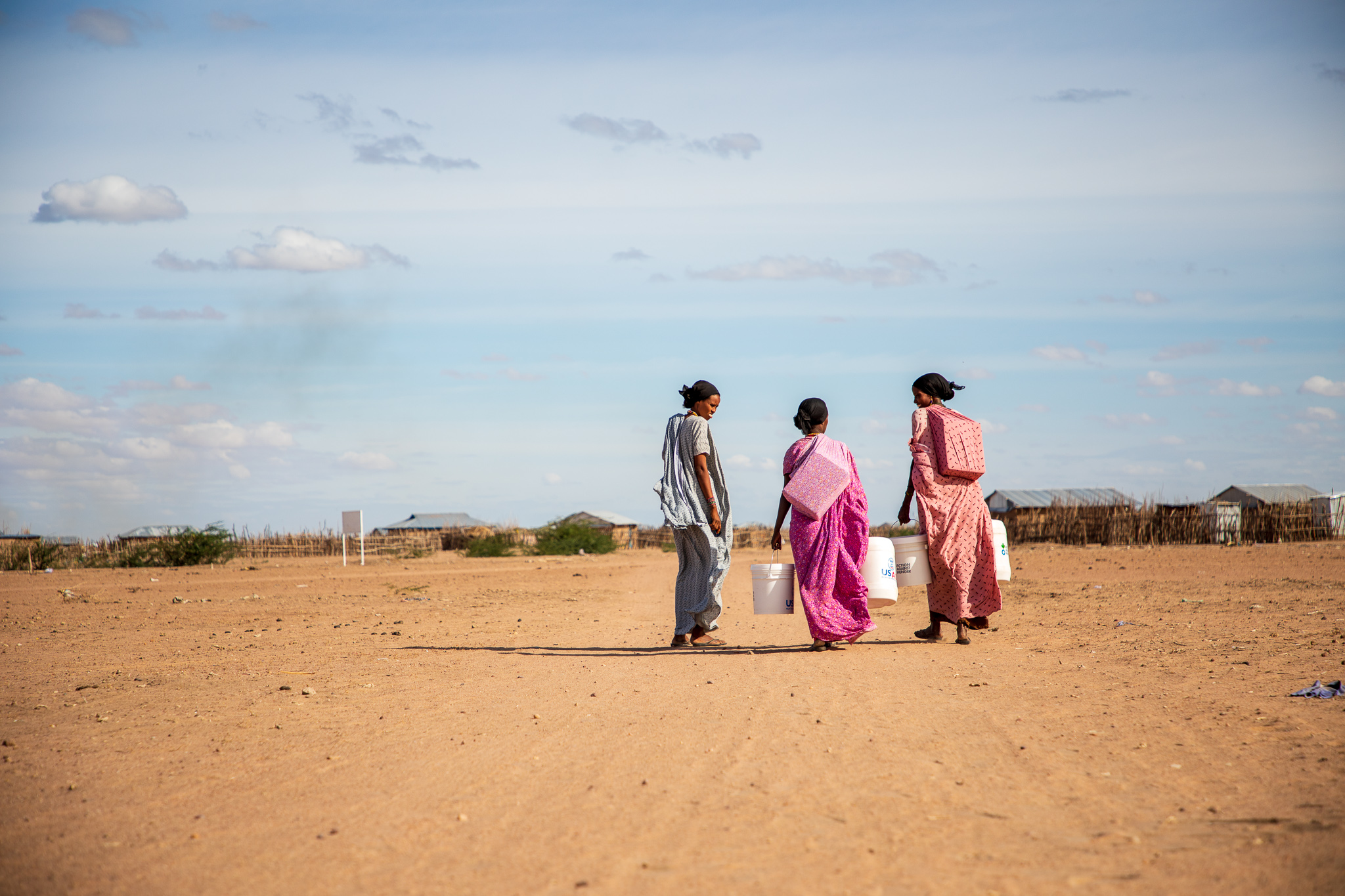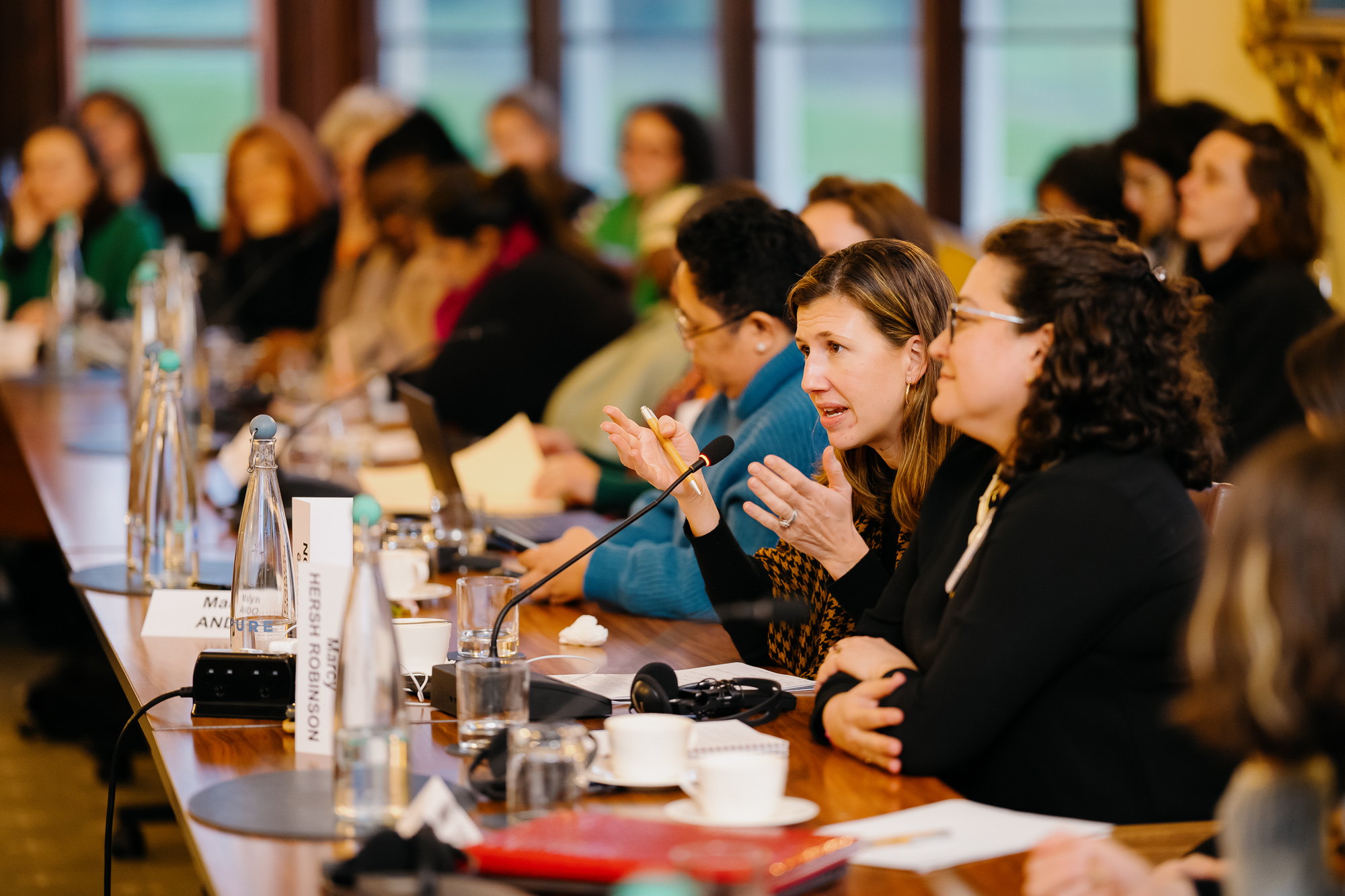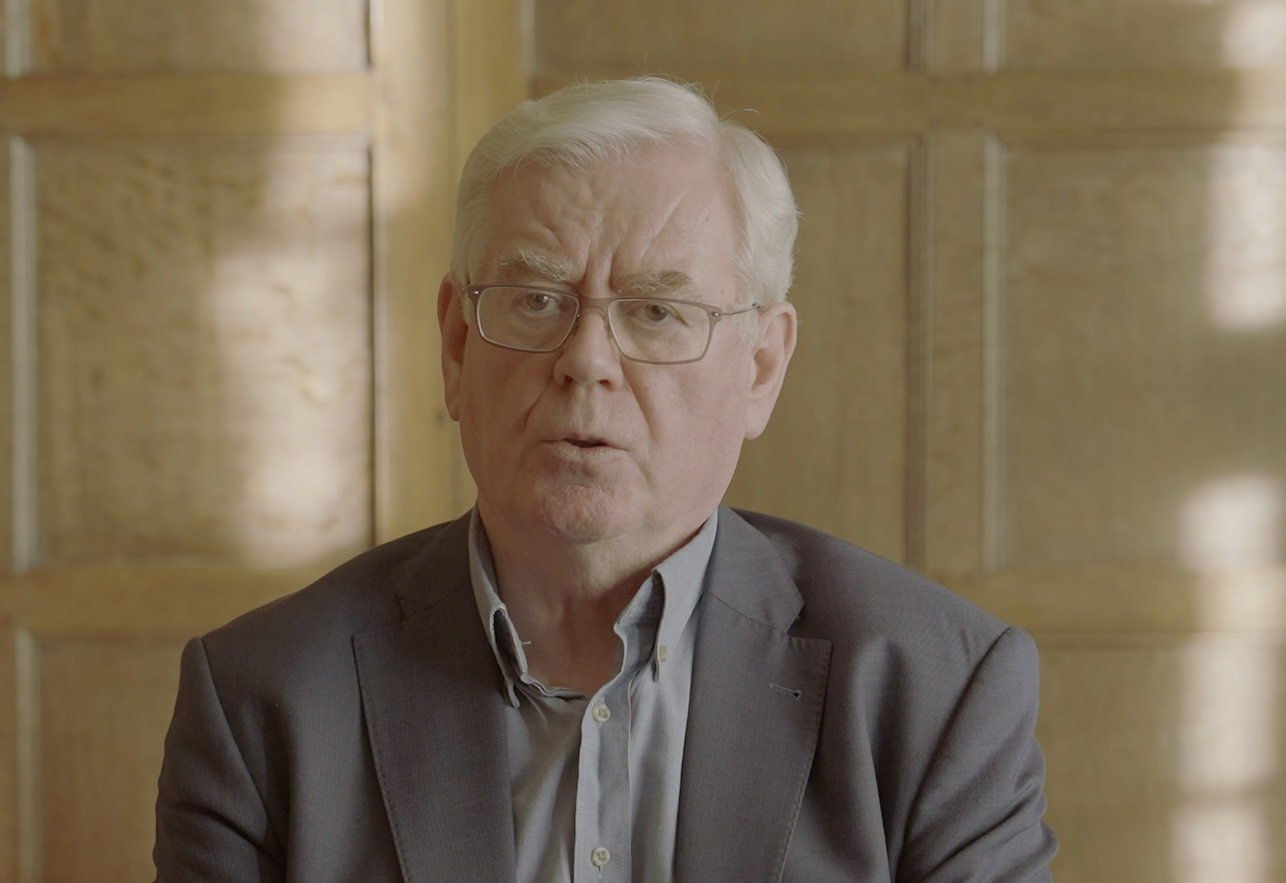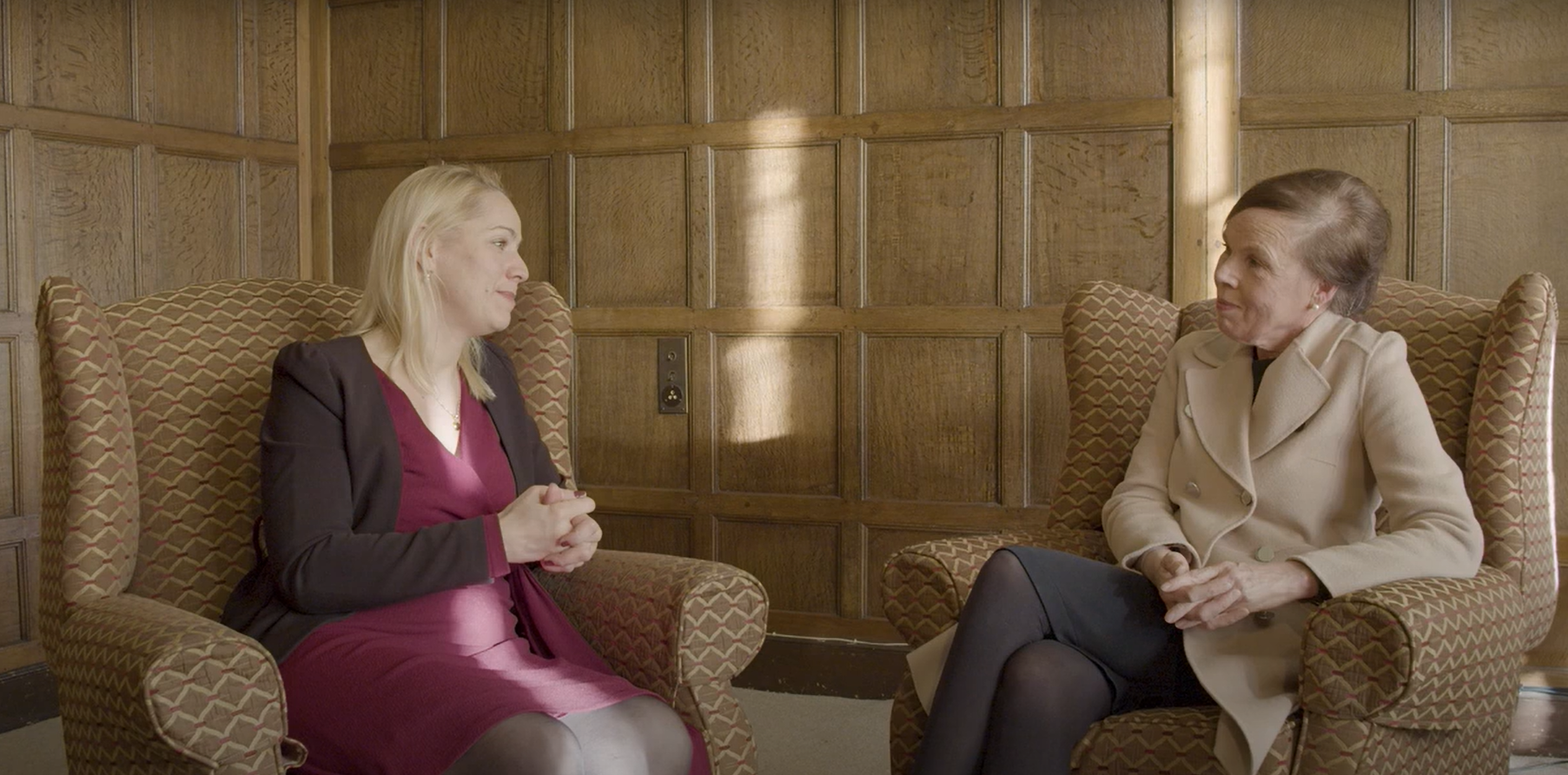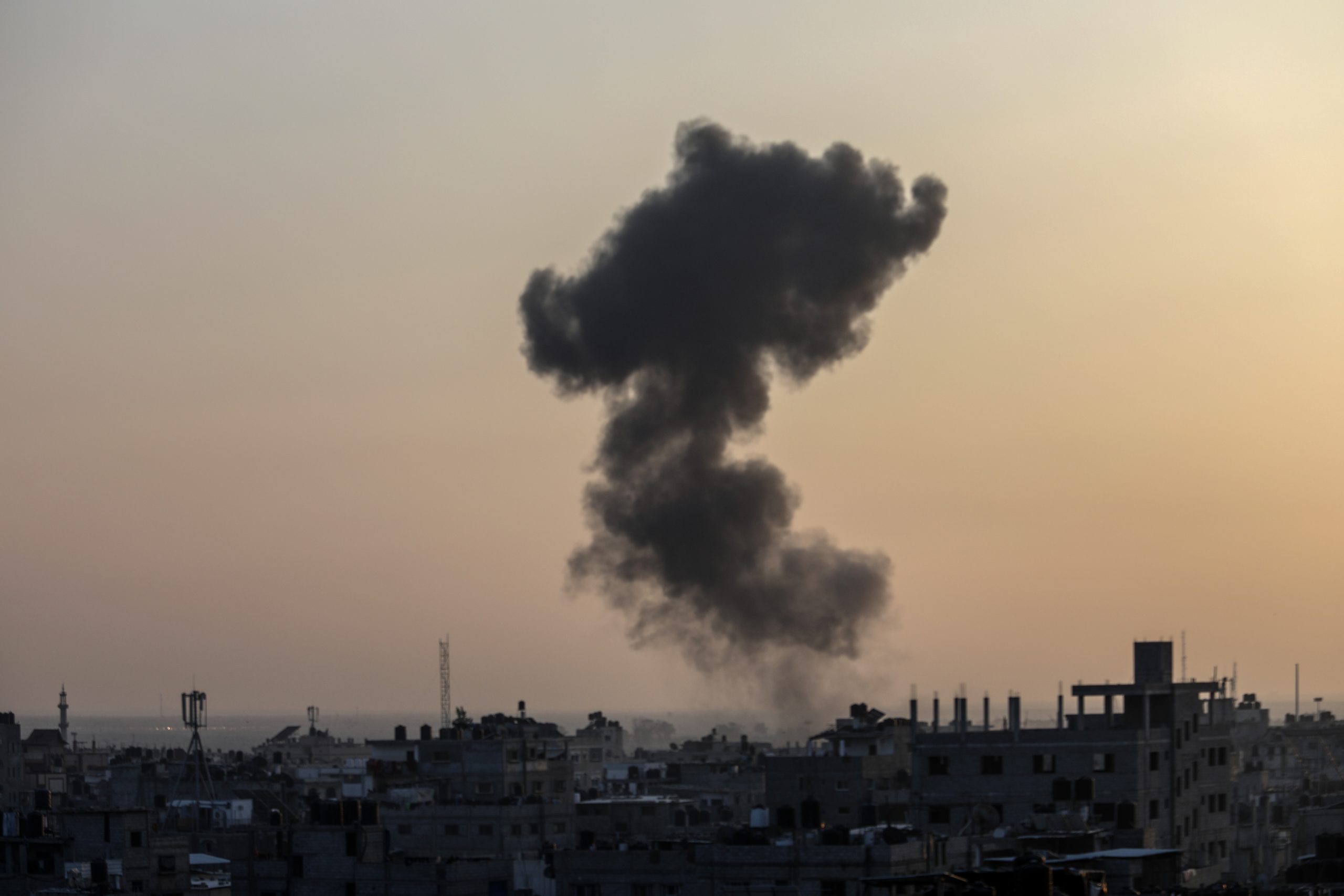Violent extremist groups, armed with modern technologies, have changed the face of global conflicts. They are exploiting today’s global connectedness to move information, money, fighters and weapons across states, and into conflict areas. Their growth in influence has been marked by mass displacement, the destruction of health and education systems, gross human rights violations and fractured communities and represent a major threat to global security
Further, extremist groups mobilise gendered norms and narratives in their governance, control and recruitment. Men and boys face specific risks such as forcible recruitment as combatants or are attacked for not conforming to restrictive notions of masculinity. Women and girls are uniquely and disproportionately affected; extremist groups, for example, have recently targeted girls and women for sexual and gender-based violence including sexual slavery and forced marriage.
In fragile and conflict affected states, attacks on the rights of women and girls, and their access to education, public life and control over their bodies is often an early warning indicator of the spread of radicalization to violence. Moreover, there is a risk that when countries mobilise to confront a terrorist threat, methods may be chosen which limit women’s rights and curtail defenders of women’s and human rights.
The linkages between gender equality sustainable peace, security and human rights are clear. UN Security Council Resolution 2242 (2015), for example, calls on states and UN bodies to integrate a gender dimension into all counterterrorism efforts; particularly to conduct gender sensitive research into radicalization to violence and the impact of counter-terrorism efforts on women and women’s rights in order to develop targeted and evidence-based policies and programmes.
The UN’s Global Counter-Terrorism Strategy Review also notes the important contribution of women to the successful implementation of this strategy and encourages the participation and leadership of women in efforts to prevent and counter violent extremism and counter terrorism. Equally, there has been an increased focus by many governmental and non-governmental actors on preventing and countering violent extremism through a range of programmes going beyond the law enforcement and criminal justice processes associated with traditional counterterrorism efforts; this includes work in education, development, conflict prevention, mediation, strategic communications and human rights – women’s rights in particular – and gender equality.
This conference brought together counter-terrorism and Countering and Preventing Violent Extremism experts (CVE/PVE) alongside Women, Peace and Security (WPS) experts and practitioners as well as policy makers, strategic communications and development practitioners. It explored the importance of focusing on women’s rights and gender equality in building societies that are conflict resilient and which value positive attributes including fairness, equality, pluralism and the rule of law. It discussed how understandings of restrictive concepts of masculinity and femininity are being reinforced and utilised in driving violent extremism and CVE/PVE, potentially putting the gender equality agenda at risk. It also shared good practice and innovative approaches in shifting norms and attitudes to promoting gender equality, women’s participation, leadership and empowerment – lessons that can inform national and international responses to preventing and countering violent extremism and terrorism, both in the short and long term.



